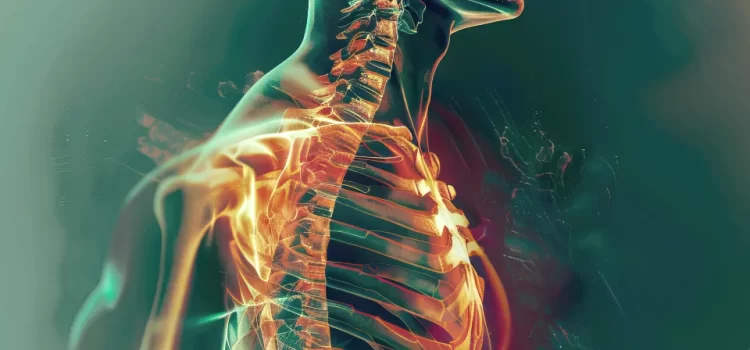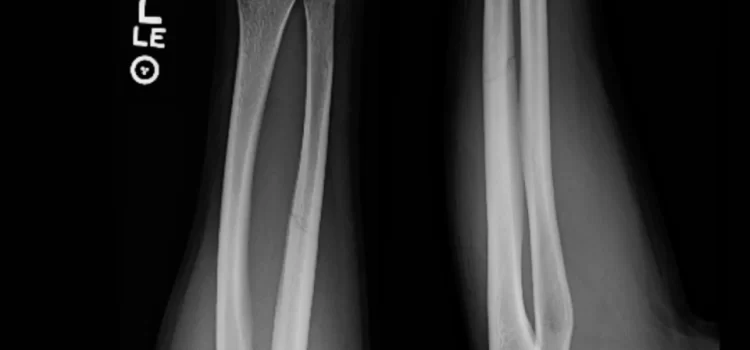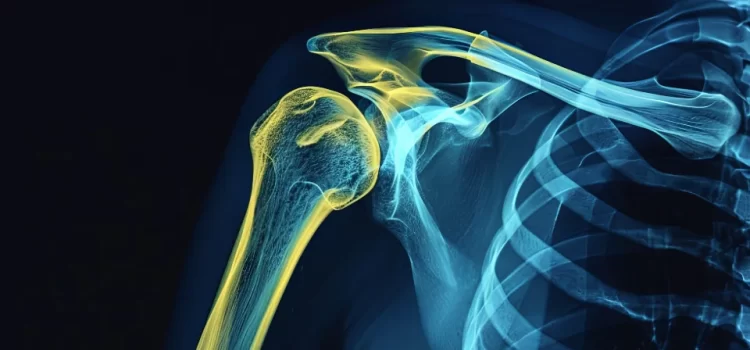Urgent Message: Rib fractures most commonly occur after blunt chest injury. Consider serious associated injuries such as pneumothorax, hemothorax, and pulmonary contusion when assessing patients with suspected rib fractures. Ensuring appropriate analgesia is critical for reducing the risk of complications. Dustin M. Nelson, BS; Shering Torres, MAS, MD; Michael Weinstock, MD Citation: Nelson DM, Torres S, Weinstock M. Urgent Care Considerations for the Patient with Suspected Rib Fracture. J Urgent Care Med. 2025; 19(4): 13-21 …
Read More


